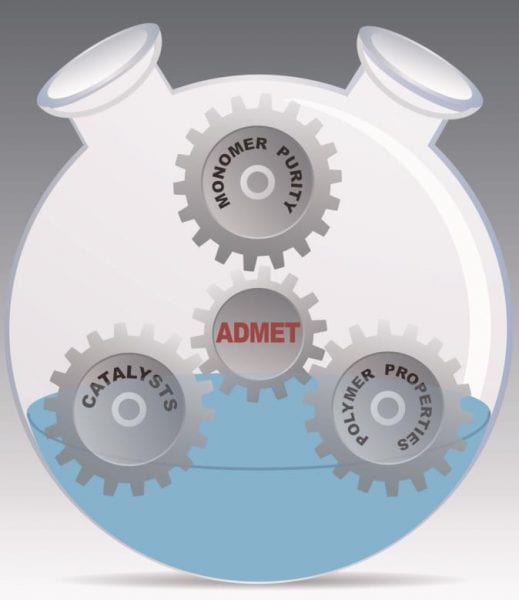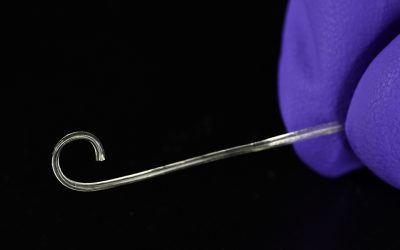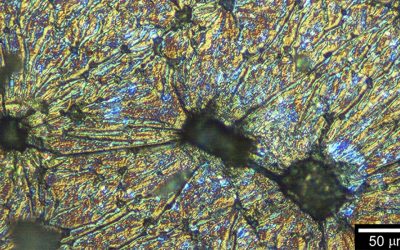Acyclic diene metathesis or ‘ADMET’ is a special type of olefin metathesis used to polymerize terminal dienes to polyenes. ADMET is driven by the release of volatile ethylene gas (ring-opening metathesis polymerization is driven by the release of ring-strain).
“How to do an acyclic diene metathesis reaction” emphasizes the experimental considerations for successful ADMET reactions through the discussion of different factors and operations that are important for a successful ADMET polymerization. When the right reaction conditions are selected, ADMET polymerization is easy to conduct and high-molecular-weight polymers can be obtained.
In this mini-review monomer purity, catalyst stability and the melting point of the final polymers are the three main variables that are to be considered with ADMET as a polymerization technique. The procedures described have been applied to produce a wide range of functional polymers, but this still can be improved especially when monomer solubility and polymer melting points become a limitation. Also minor modifications of the reaction setups and conditions may be necessary in order to adapt to different applications.
The cover of Issue 1 of Polymer International is part of this mini-review and represents this ADMET reaction.

Read more in Polymer International’s Issue 1.

















